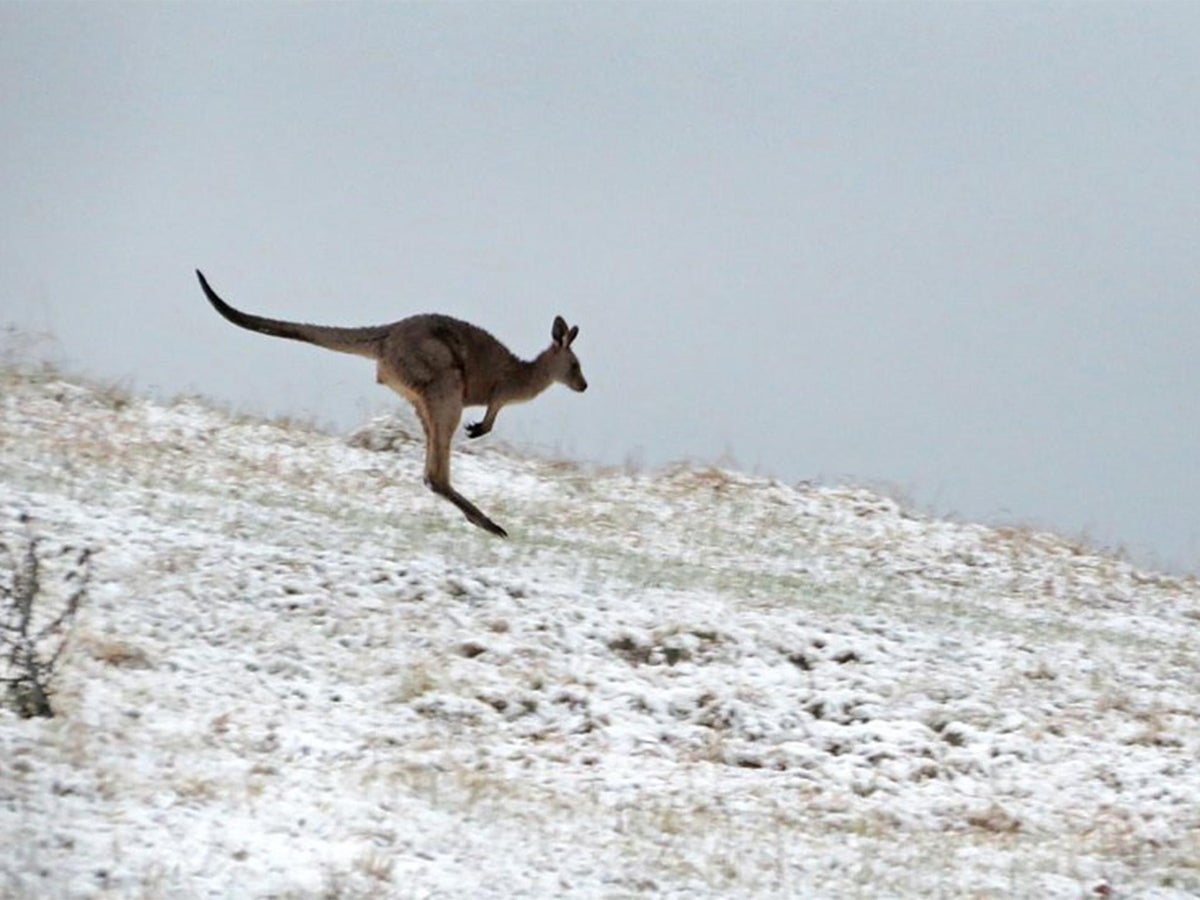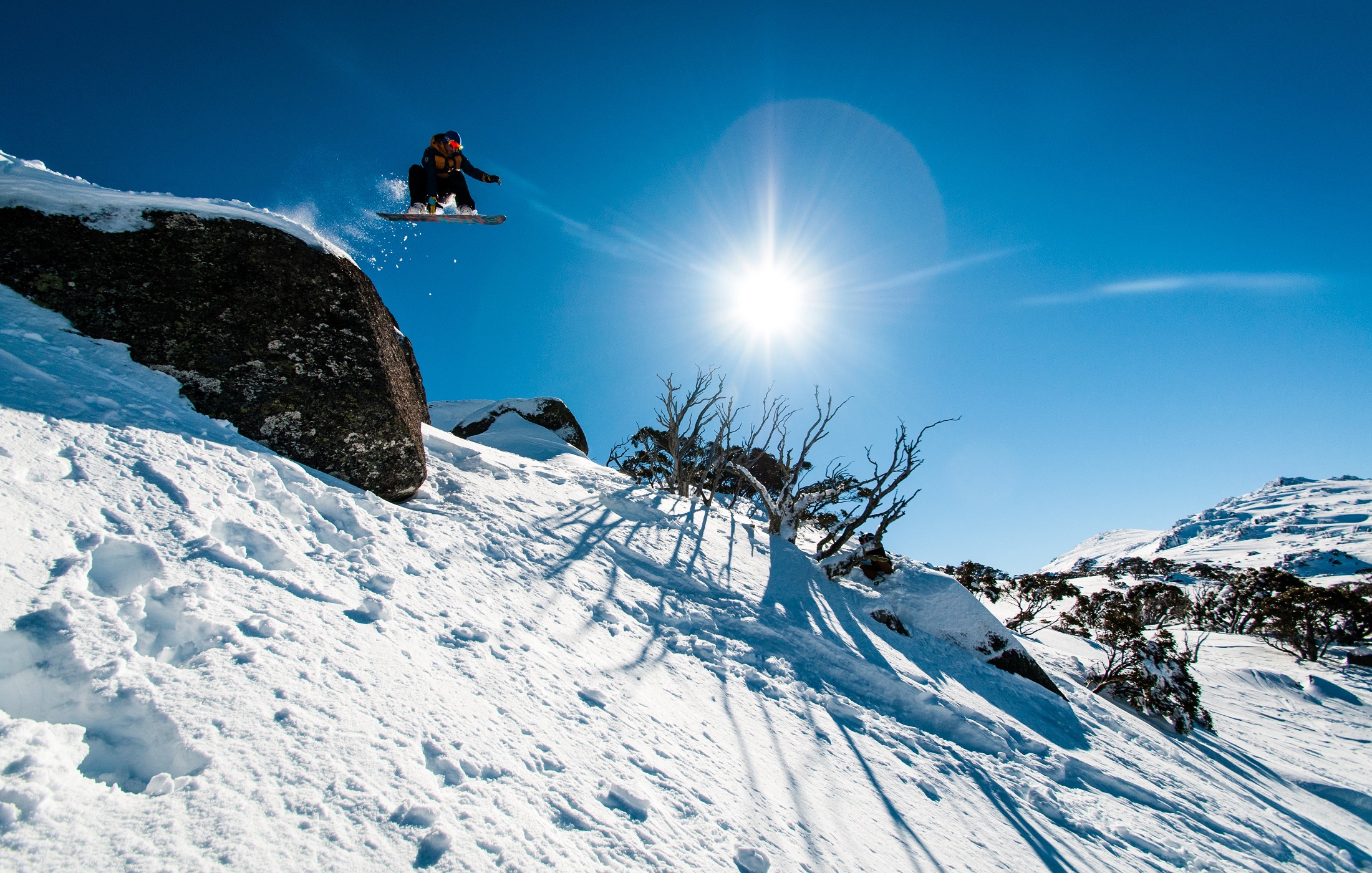Discover the Ideal Periods of Year to See Snow In Australia For Yourself
Discover the Ideal Periods of Year to See Snow In Australia For Yourself
Blog Article
The Various Sorts Of Snow in Australia and Their Influence on Winter Sports
Australia, recognized for its sun-soaked beaches, is also home to a diverse array of snow conditions that significantly influence winter season sports. Each type, from the damp coastal snow to the dry interior powder, presents distinct obstacles and benefits for professional athletes. An understanding of these variations is necessary for those looking for to browse the Australian inclines, as each needs various strategies and durability. The adhering to expedition will go over the ramifications of these snow types on winter sporting activities efficiency.

Recognizing the Characteristics of Different Snow Types
While many think that snow is a homogeneous entity, it is crucial to recognize that there are various kinds, each with unique attributes. In Australia, these variations are especially noticable because of climatic variety. Coastal snow, found in areas such as the Snowy Mountains, is generally wetter and denser as a result of high wetness web content, making it suitable for snowball fights or constructing snowmen. On the other hand, the snow found in the interior regions like the Australian Alps is drier and lighter, often compared to a fluffy powder. These distinctions in snow kind aren't just aesthetic; they significantly effect winter season sporting activities, determining the ease of motion, the rate attainable, and the level of control called for from athletes.
The Impacts of Powder Snow on Winter Sports and Snowboarding
Despite its light and fluffy appearance, powder snow in the Australian Alps presents both unique challenges and possibilities for wintertime sports fanatics, especially those involved in skiing and snowboarding. The smooth and forgiving surface of powder snow additionally decreases risk of injury throughout drops, making it a preferred option for severe wintertime sports.

The Challenges and Benefits of Stuffed Snow in Wintertime Sports
Moving emphasis from the loosened, dry powder snow, an additional prevalent kind of snow in the Australian Alps is jam-packed snow, posing its very own collection of difficulties and benefits in the realm of wintertime sporting activities. Navigating turns and regulating speed can be tough on jam-packed snow, requiring higher ability degrees from athletes. In spite of these challenges, packed snow remains a critical aspect in many wintertime sports, forming the performance and methods of athletes.
The Duty of Damp Snow in Australian Winter Seasons Games
In contrast to the dense, glossy surface of stuffed snow, wet snow plays a completely different duty in Australian winter months video games. Characterised by its high dampness web content, damp snow influences the speed and control of wintertime sports individuals. Its heavy, sticky nature can be testing for professional athletes, especially in winter sports and snowboarding where rate and manoeuvrability are essential. However, its malleability makes it excellent for snow sculpting events and for fortifying snow structures in sports like snow ft battles. In spite of its mistakes, damp snow introduces an unique dynamic to wintertime video games in Australia, testing professional athletes' flexibility and strength, and functioning as a pointer Does Australia Get Snow of the diverse weather condition conditions they should be prepared to deal with.

How Slushy Snow Impacts Wintertime Sports Performance
Continuing the exploration of varying snow problems in Australia, the influence of slushy snow on winter months sporting activities is an additional fascinating variable. Slushy snow, resulting from warmer temperature levels or straight sunlight, positions distinct challenges to athletes. It reduces speed and requires raised physical initiative as the tools sinks right into the soft, water-saturated snow. In snowboarding and snowboarding, slushy conditions can influence the predictability of jumps and turns, boosting the risk of accidents. For snowmobiling, the device's efficiency might be hindered as it battles to preserve grip. Hence, slushy snow changes the wintertime sporting activities landscape, requiring not only increased physical exertion from athletes yet additionally a greater focus on safety precautions.
Adapting Winter Months Sports Techniques to Different Snow Problems

Final Thought
In final thought, Australia's varied snow kinds considerably affect wintertime sporting activities efficiency. Each type, from the glossy seaside snow to the drier indoor powder and the hefty, sticky damp snow, offers unique challenges and benefits. Therefore, professional athletes should adjust their techniques to navigate these differing conditions effectively. The snow's formative function underscores the significance of understanding its qualities to enhance performance and safety in Australia's wintertime sporting activities landscape.
Shifting focus from the loose, completely dry powder snow, an additional common kind of snow in the Australian Alps is packed snow, presenting its very own set of challenges and advantages in the world of winter months sporting activities - Does It Snow In Australia.In contrast to the thick, slick surface of stuffed snow, damp snow plays a completely different function in Australian wintertime games. Its pliability makes it excellent for snow sculpting occasions and for fortifying snow frameworks in sporting activities like snow ft battles.Proceeding the exploration of varying snow problems in Australia, the impact of slushy snow on winter sporting activities is one more appealing element. Each kind, from the slick seaside snow to the drier indoor powder and the hefty, sticky wet snow, offers one-of-a-kind difficulties and benefits
Report this page